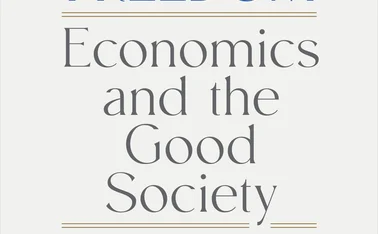
Bundesbank paper looks at financial shocks’ impact on inflation
Shocks that cause output and inflation to diverge can worsen trade-offs for central banks, paper says

A discussion paper published by the Deutsche Bundesbank offers a new approach to analysing the impact of financial shocks on inflation.
In Financial shocks and inflation dynamics, Angela Abbate, Sandra Eickmeier and Esteban Prieto apply a vector autoregressive model to data on the US economy.
The authors identify financial shocks "by combining contemporaneous zero and short-run sign restrictions on impulse response functions". They find that expansionary financial shocks temporarily lower
Only users who have a paid subscription or are part of a corporate subscription are able to print or copy content.
To access these options, along with all other subscription benefits, please contact info@centralbanking.com or view our subscription options here: http://subscriptions.centralbanking.com/subscribe
You are currently unable to print this content. Please contact info@centralbanking.com to find out more.
You are currently unable to copy this content. Please contact info@centralbanking.com to find out more.
Copyright Infopro Digital Limited. All rights reserved.
As outlined in our terms and conditions, https://www.infopro-digital.com/terms-and-conditions/subscriptions/ (point 2.4), printing is limited to a single copy.
If you would like to purchase additional rights please email info@centralbanking.com
Copyright Infopro Digital Limited. All rights reserved.
You may share this content using our article tools. As outlined in our terms and conditions, https://www.infopro-digital.com/terms-and-conditions/subscriptions/ (clause 2.4), an Authorised User may only make one copy of the materials for their own personal use. You must also comply with the restrictions in clause 2.5.
If you would like to purchase additional rights please email info@centralbanking.com







